
Public Officer Weighs in on The Most Pressing Issue in Cameroon
- Date 2021-03-25 07:35
- CategoryStory
- Hit1493
Abbas Mohamadou (2020 MPM) is a broad-minded, committed, and determined public officer with an immense passion for public administration. Through sheer hard work and perseverance, he was specially chosen by the Prime Minister of Cameroon to join his office, bringing pride and honor to his community. He currently serves as Secretary-General of the KDIS African Development Forum and is also a student representative for the KOICA MPM 2020 batch. In this conversation, Abbas shares his insights on the most pressing public policy issues in Cameroon along with what initiatives he thinks could address those issues. He also describes how much he has changed since coming to KDI School.
Q) Could you briefly introduce yourself?
A) My name is Abbas Mohamadou and I come from Cameroon. I am a 2020 Fall MPM student. Before coming to KDI, I worked at the Prime Minister’s office for seven years as a researcher. I was in charge of pertinent socio-economic and political issues. It was my duty to propose recommendations to the hierarchy. While I am interested in so many areas of study, I am most interested in public administration and international affairs.
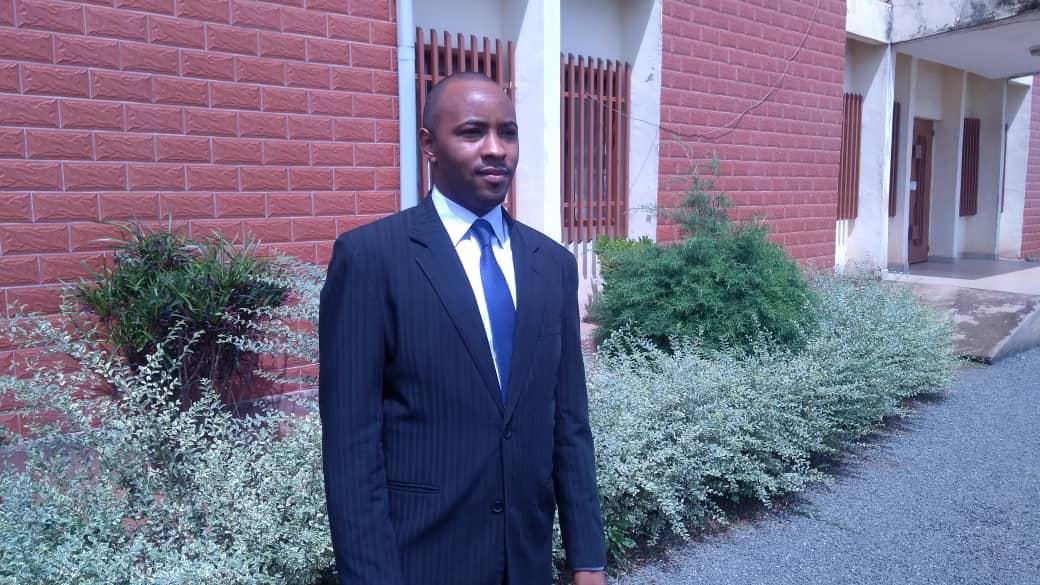
I actually come from a minority group called Mururu Fulani. The illiteracy rate within the community is very high; this is what encouraged me to pursue further studies. I graduated from the University of Buea in 2013 with a B.A. (Honors) in History. Upon graduation, I was personally handpicked by the Prime Minister as he was impressed with my credentials and commitment to bringing change to the community.
Q) Why did you choose to study at KDI School?
A) I chose to study at KDI School for two reasons: the first reason is that I have always wanted to earn a foreign degree. Hence, I challenged myself to move out of my comfort zone. The second reason is that KDI School is the best think tank in Asia with a top-notch faculty. I first heard about KDI School from other Cameroonians in 2017. After finding out more about the school, I decided that I want to pursue a degree in Public Management.
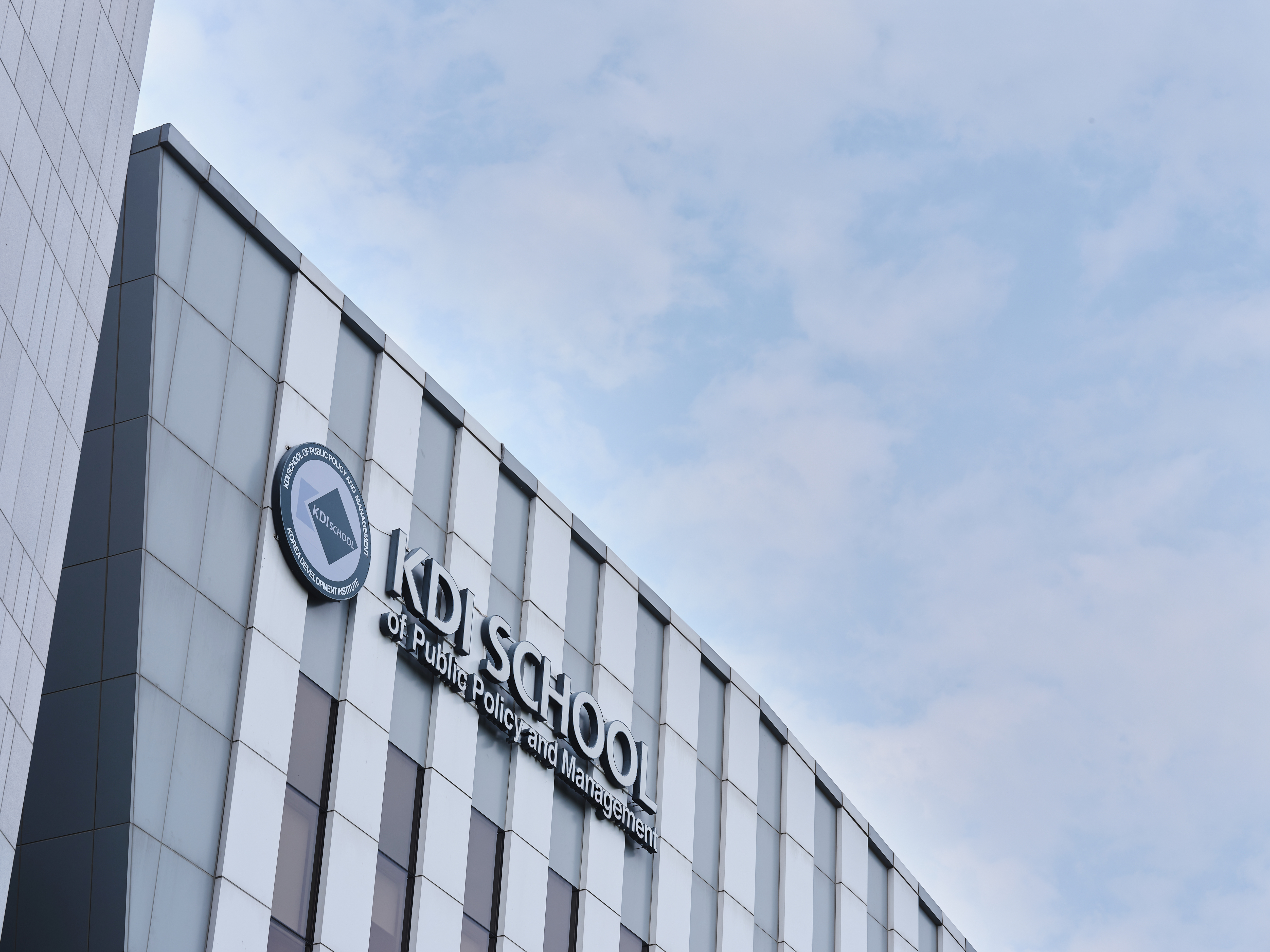
Q) What do you think is the most pressing public policy issue in Cameroon or in your particular region?
A) I think that in Cameroon, the most pressing public policy issue, just like in many other countries, is bad governance. It poses a very serious challenge. While governance is a broad concept, I want to focus on two key characteristics that describe bad governance: corruption and low citizen participation in public decision-making.
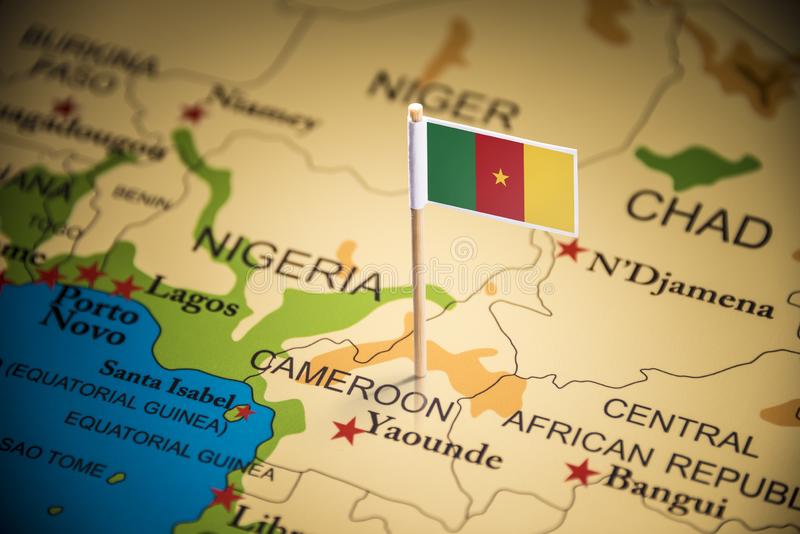 Source: https://dreamstime.com
Source: https://dreamstime.com
Cameroon has been reported to be the most corrupt nation in the world twice by Transparency International. Corruption is a very serious problem. This is a manifestation of the political institutions that Cameroon inherited from its colonial masters, like Britain and France. It has become deeply embedded in society and comes in so many forms, like embezzlement and misappropriation of funds. Corruption is an ill that retards economic growth and development and widens the gap between the rich and the poor. Despite numerous efforts to fight against this ill, it remains persistent. I think that in Cameroon, corruption is most prevalent in customs, the police force, and the health sector. For example, essential drugs which have been donated and supposedly free, are sold for a higher price. Contracts are also awarded to contractors that do not exist; salaries are given to teachers who do not exist. The worst part is that people have come to accept it as common practice.
The second characteristic is the lack of broad-based participation in public decision-making. Because the decision-making power is centralized, citizens do not have a voice. The government merely formulates policies and imposes them on the citizens. Citizens are not consulted; thus, they are hindered from feeling a sense of belonging. Also, the senate does not fulfill its promises to the citizens after being elected to office. The ones in office do not think they are accountable, so the citizens feel that they have been abandoned. After being voted into office, they just disappear. Hence, I think those are the two most crucial aspects of bad governance.
Q) What initiatives do you think can help address these issues? Or, kindly share any experience or involvement in initiatives that address the said issues.
A) Regarding the first issue, which is corruption, the government has put in place mechanisms and institutions to counter corruption. But, how come corruption persists? From experience, the government can be efficient at implementing and coordinating governmental action. However, I noticed that there are no clear and defined monitoring and evaluation plans in place. A good M&E plan is very crucial in ensuring public accountability, transparency, effectiveness, and sustainability. With this system, policymakers can go back to check targets, identify things that were not achieved, and evaluate what more can be done. I am currently taking the Monitoring and Evaluation course, and it taught me that it is possible to see visible results through M&E. One such case is that of Bangladesh, another country that ranked low in the Corruption Index. In Bangladesh, they were able to curb officials who embezzled funds with impunity.
On the issue of citizen participation in Cameroon, decentralization has been enshrined in the 1996 Constitution. However, the government has yet to implement it. Through decentralization, the citizens have a voice; they feel empowered as they are involved in decisions that affect their daily lives. The policymakers should come up with a mechanism that will allow citizens to make critical decisions on key issues that concern them. Cameroon still has a long way to go to address this issue. You know, Cameroon aspires to be an emerging country by 2035. The current president has pledged to make Cameroon a more democratic and unified country. Given the current problems, that might be hard to achieve. In the hope to achieve emergence, the government must do everything to solve these problems. I believe that emergence is possible, for Cameroon has been blessed with so much natural and human potential.
Q) What are you most passionate about?
A) I think I am most passionate about public administration. It has always been my childhood dream. In fact, my late grandmother gave me the nickname D.O., which is an abbreviation for divisional officer. In a strict sense, it is a person who leads the division. Coincidentally, on the day I was born in 1989, a new divisional officer was installed on the same day. My grandmother had always hoped to see me working in the public sector, and now I am working at the Prime Minister’s office, which is at the heart of administration in Cameroon. Since my childhood, she has always pushed me and inspired me to move towards this direction.
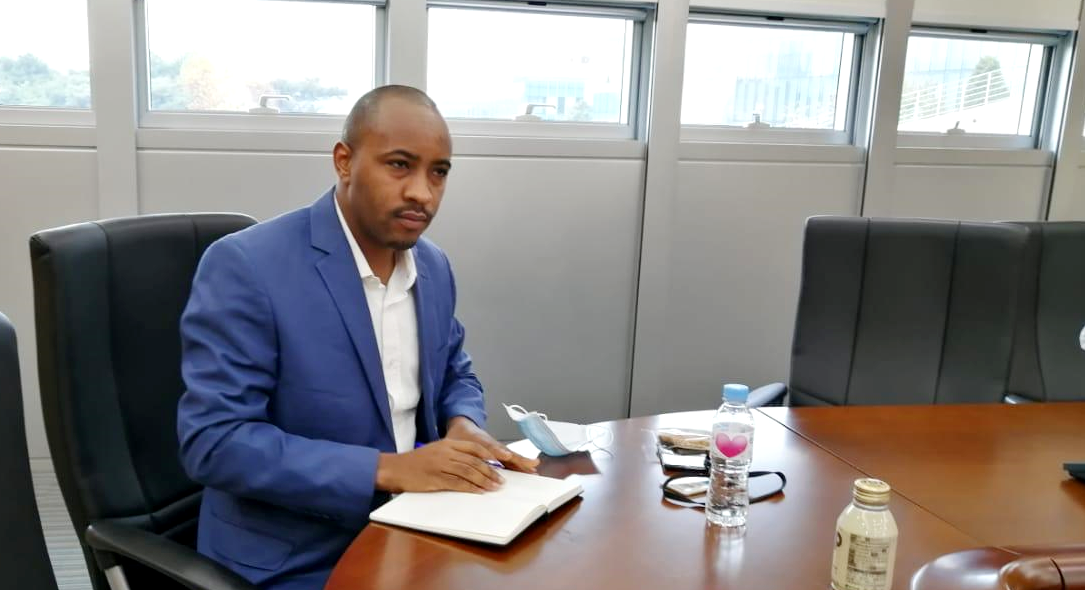
Q) What has changed about you since coming to Korea?
A) So many things have changed about me since coming to Korea. KDI School, in particular, has greatly influenced me. KDIS showed me what being in a multicultural setting is like. Never in my life have I imagined that I would meet people from different cultures and backgrounds that are working towards the same goal. Coming to KDIS feels like I have traveled to 50 countries; it has definitely broadened my perspective. I have become more objective and critical in handling various issues.
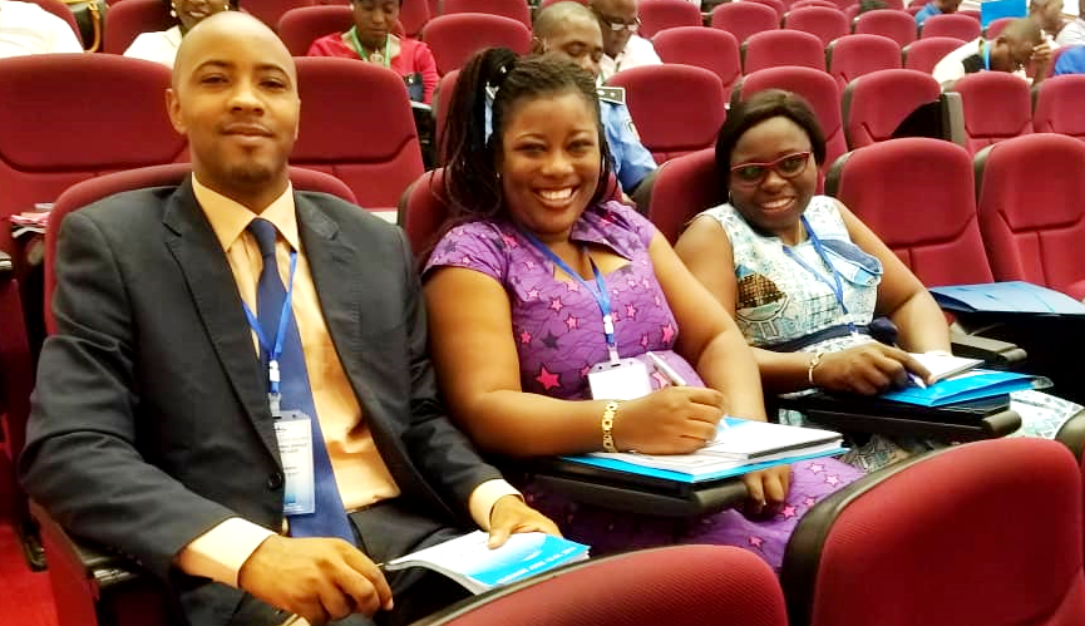
I have also realized many things. Before, I would hear about poor countries becoming developed countries, however, I never understood that concept until I came to Korea. Through my courses and school field trips, I was able to understand how a poor or underdeveloped country could become a developed country in a considerably short amount of time, just like Korea. It would be very interesting to go home and share ideas about this; it could be very useful to my country. Coming to Korea has helped me build a very strong network of friends and peers. I am glad to be able to connect even with the alumni network. I would say that coming to KDI School has been one of the best decisions in my life. Top professors have helped me broaden my perspective, especially in the areas of leadership, strategic management, and foreign affairs. I have learned so much, and I look forward to learning more.
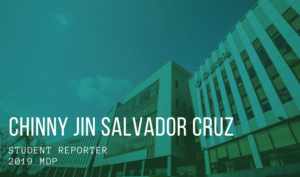
Related News
-
Story836 days ago
Letters from the New Alumni Association Representatives#Interview #Alumni #kdi #KDIS #Kazakhstan #KDI school #kdischool #Alumni Association #Cameroon #message #australia #madagascar #russia #sierra leone #zimbabwe
-
Story977 days ago
A Conversation with Ms. Mango Jane Angar (2018 MDP): Kenya -
Story1033 days ago
Life after KDIS: From the Horn of Africa#Alumni #MPM #Somalia #Somalia National University #Journalist
